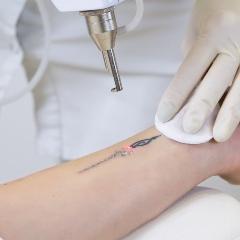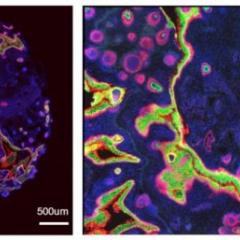Minister for Health Tanya Plibersek has announced $127.9 million for 151 grants for ground-breaking health and medical research across Australia.
“The Gillard Government is very pleased to be supporting Australia’s best and brightest medical researchers as they undertake their vital work,” Ms Plibersek said.
“Continued government investment in research enables development of effective new treatments and new policy solutions in our health system.”
Ms Plibersek said as a result of this investment, medicines were our biggest research-intense goods exports, helping to build a stronger, more competitive and more productive economy.
A number of UQDI researchers were thrilled with the announcement of their grant success. The following researchers are recipients of the 2013 NHMRC grants:
Associate Professor Ray Steptoe for his project, “A new and effective approach to reversal of allergic airways inflammation by turning off allergic responses” and “Reversing autoimmune diabetes by controlling pathogenic effector T-cells”.
Dr Stephen Mattarollo: “Therapeutic vaccine against non-Hodgkin's lymphoma targeting the immune adjuvant properties of Natural Killer T cells”.
Professor Peter Visscher: “CAGE: Consortium for the Architecture of Gene Expression” and “Exploiting SNP data in epidemiology and genetics through multivariate analysis of complex traits”.
Dr Antje Blumenthal: “A new macrophage sensor for Mycobacterium tuberculosis”.
Dr Liliana Endo-Munoz and Associate Professor Nicholas Saunders: “Characterisation of two novel markers of osteosarcoma metastasis as potential therapeutic targets”.
Dr Jian Yang: “Dissecting genetic variation for human complex diseases and traits”.
Associate Professor Emma Duncan, Associate Professor Nicholas Saunders and Professor Peter Visscher are also recipients through successful collaborative grants.
The grants are administered by Australia’s premier health and medical research body, the National Health and Medical Research Council and address research needs, from basic science to how research can be better translated into practice. They provide support for researchers embarking on a career through to well established teams of researchers with outstanding track records of achievement.
Funding announced today comes on top of $652 million announced by Minister Plibersek in October and $2.83 billion delivered to medical researchers by the Australian Government since 2008.



